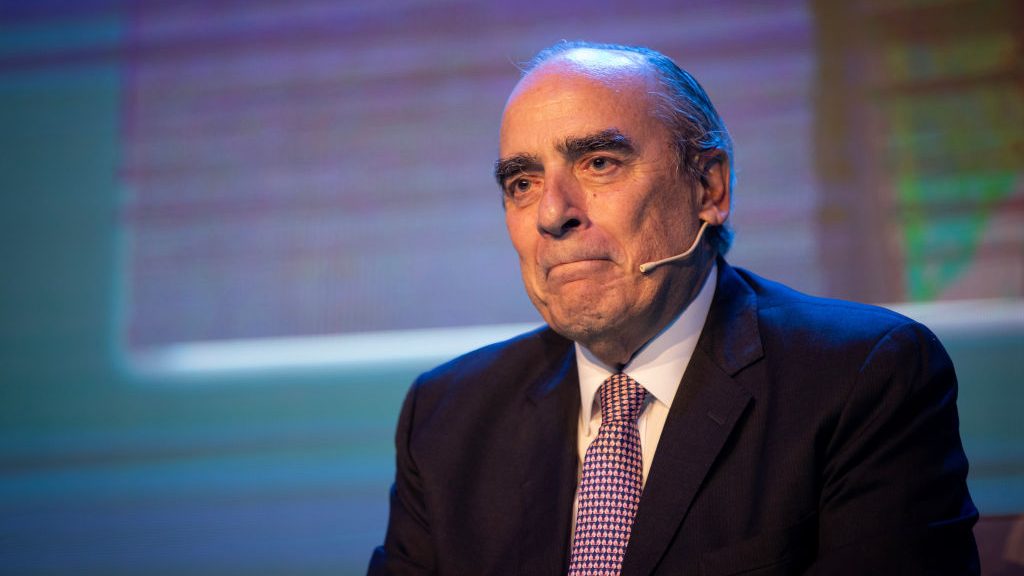Javier Milei's Tax Reform Plans and Key Political Shuffles
Javier Milei, Argentina's recently-elected president, has made headlines with his commitment to reducing taxes and fostering economic liberalism. In his latest move, Milei has appointed Guillermo Francos as the new Chief of Staff, replacing Nicolás Posse. The change was formalized through Decree 472/2024, which was published in the Official Gazette. The decree outlined Posse's resignation and expressed gratitude for his services, attributing his departure to 'differences in criteria and expectations in the progress of the Government and the tasks entrusted to it.'
Guillermo Francos, born in April 1950 in Buenos Aires, brings a wealth of experience from both the public and private sectors. He has held numerous significant positions, including executive director roles at the Inter-American Development Bank (IDB) and Aeropuertos Argentina 2000. Francos is a lawyer by profession and has a background in Argentina's Ministry of Justice. His career is marked by a strategic partnership with Javier Milei, which began in the corporate world and transitioned into national politics.
Milei's Vision for a Liberal Argentina
Milei's administration is centered around building a 'modern, developed, more fair and dignified' Argentina, as envisioned by former president Juan Bautista Alberdi. This vision is underscored by Milei's promise to reduce taxes, which intends to stimulate economic growth and modernize the nation's financial systems. Francos, a key player in this vision, is expected to leverage his extensive experience to implement and oversee these ambitious reforms.
The government also announced the resignation of Silvestre Sívori from his position as head of the Federal Intelligence Agency, effective through Decree 474/2024. This change is part of a broader cabinet reshuffle aimed at aligning the administration with Milei's free-market policies. As the government continues to take shape, speculations arise about the potential inclusion of Federico Sturzenegger in the Cabinet, either in a new or existing role to help execute pivotal economic laws if approved by Congress.
Besides focusing on economic reforms and cabinet reconfigurations, Milei's team stresses the importance of defending 'the ideas of freedom, the defense of life and property, and the project of a free Argentina.' This ideological commitment signifies a shift towards a liberal economic approach, emphasizing the reduction of state intervention in favor of market-driven solutions. As these changes unfold, Milei’s government continues to emphasize transparency and a systematic approach to policy implementation.
- Guillermo Francos is known for his strategic roles at some of Argentina’s largest corporations, including Visa Argentina and Corporación América, where he worked closely with Milei. His appointment reflects Milei's strategy to integrate experienced professionals from the private sector into public administration.
- The government’s willingness to formalize and publicize changes in high-ranking positions, such as Posse’s and Sívori’s resignations, highlights a commitment to transparency. Each step, documented in official decrees and publicly announced, reinforces Milei's administration’s dedication to maintaining open communication about its internal workings.
- As Milei's administration navigates these early stages, the focus remains on implementing comprehensive reforms aimed at reducing taxes and bureaucratic inefficiencies. These measures are anticipated to attract private investment and stimulate Argentina’s economy, aligning with the broader goal of establishing a liberal economic framework in the country.






